Which drivers have the fastest reaction times?
By ETX DAILY UP | 17 September 2024
LONDON: Research from the UK reveals a very slight difference in reaction times to danger on the road, depending on the make of car and type of engine.
This research, by the comparison site, Scrap Car Comparison, reveals that Volvo drivers achieve the fastest reaction times of all drivers tested, with an average reaction time of 0.401s.
Jaguar and Suzuki drivers follow, with average reaction times of 0.409s and 0.413s respectively.
Last in line are Mercedes drivers, with a score of 0.527s. For the study authors, these average reaction times would be equivalent to the typical reaction time of a 32-year-old for Volvo drivers or a 45-year-old for Mercedes drivers.
In any case, they all reacted in less than a second, and were quicker than the average reaction time of drivers, according to the UK's Highway Code (0.67 seconds).
Although the difference is minute, the study also shows that electric car drivers have the fastest reaction times of all (0.459s).
In order, they are very slightly ahead of drivers of hybrid (0.462s), gasoline (0.463s) and diesel (0.464s) vehicles.
While it is well known that factors such as age, distraction, use of a cell phone while driving, the weather, fatigue or the use of substances such as alcohol or drugs affect reaction times, it would appear that drivers of electric vehicles may be slightly more responsive than others in the event of danger.
Note that a reaction time of 0.4s at a speed of 80kph results in a stopping distance of around 10 metres. For a 0.8s reaction time, this distance doubles.
To conduct the study, Scrap Car Comparison invited 2,000 British motorists to a reaction time test in August 2024.
Tags
Autos News
Reviews

Hyundai Ioniq 5 N: Born rascal

6.6
Husqvarna Svartpilen 401: Inspiring retro design
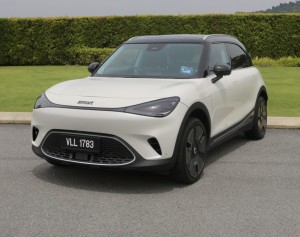
8.8
smart #1 (Premium): Agile, engaging, roomy, premium motoring
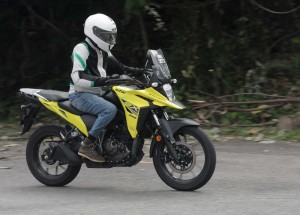
6.6
Suzuki V-Strom 250 SX: Multi terrain warrior
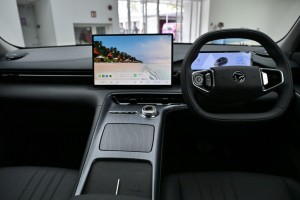
Proton e.MAS 7 impresses in quick dynamic driving exercises
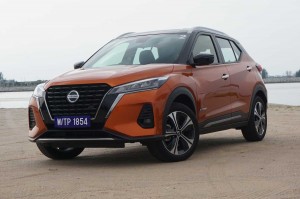
Nissan Kicks e-Power: Kicking off a new efficiency

6.8
Mercedes-Benz GLB 200: Measured versatility
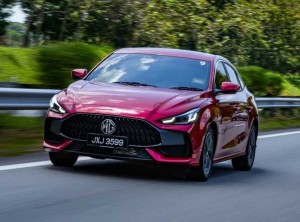
MG5: Slick and comfortable cruiser
Videos

The Snowball – Lamborghini’s Heartwarming Christmas Story of...

EVOGO battery swapping solution showcased at IAA Mobility 20...

Jaguar's Bold Type 00 Concept: A Glimpse into the Future of ...
